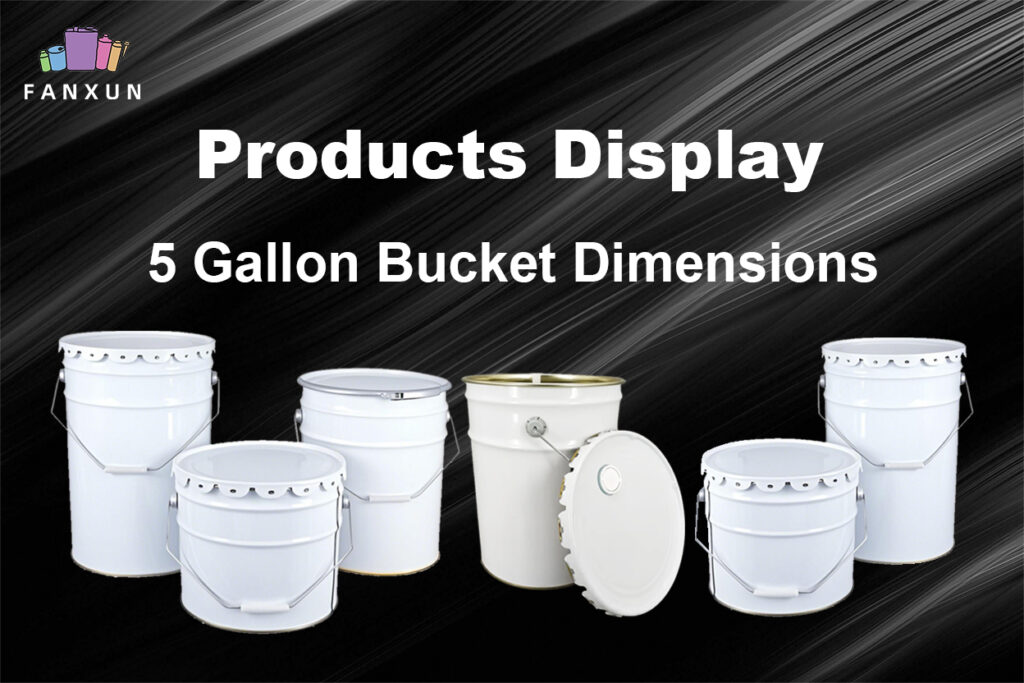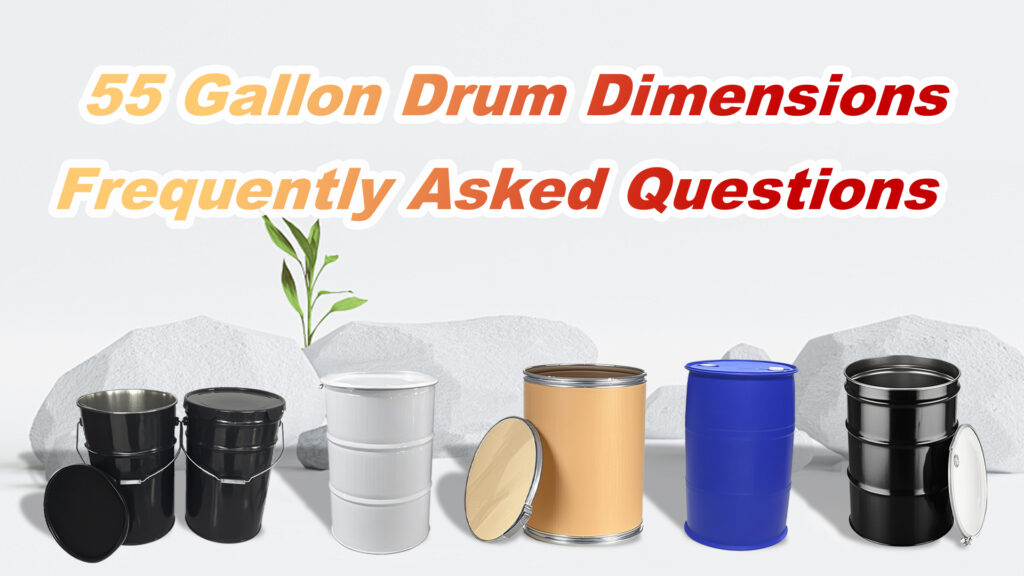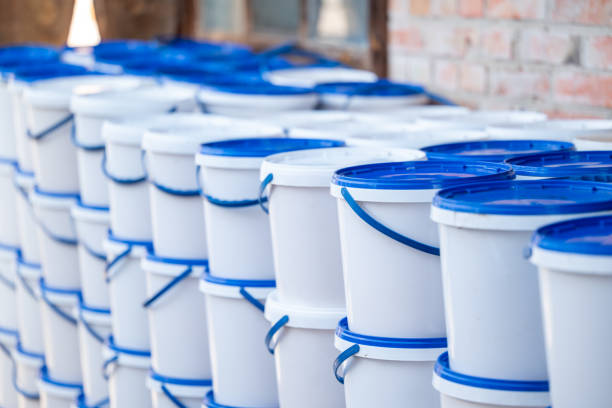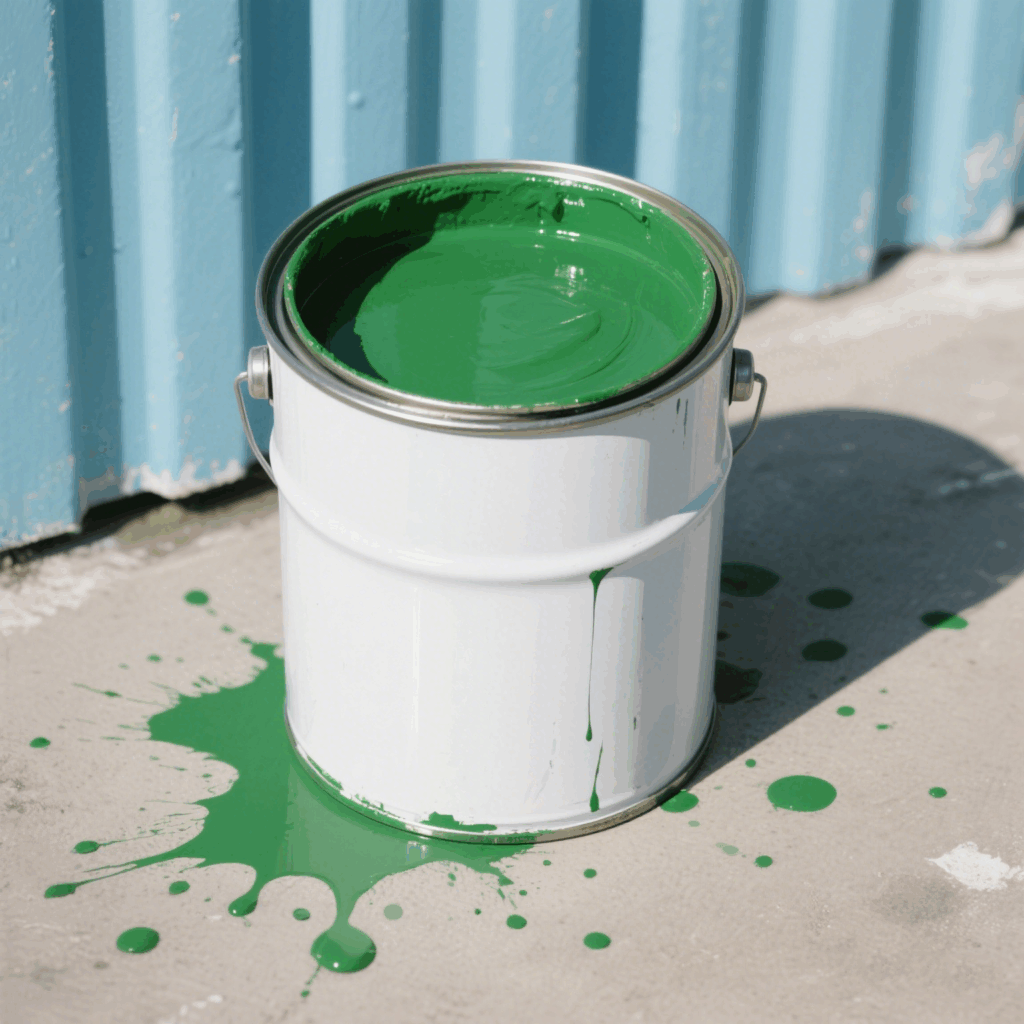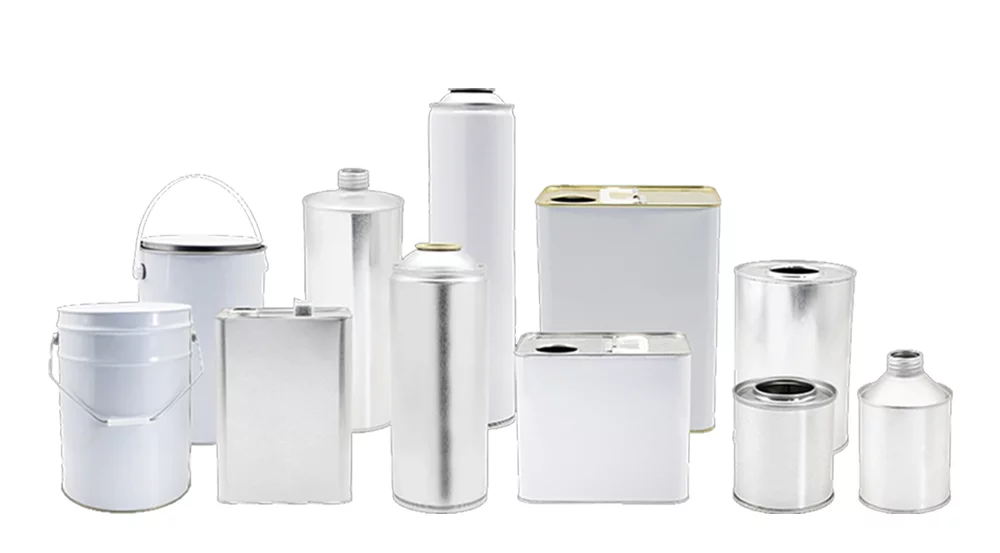Aerosoldosen sind überall. From personal care products like deodorants to household cleaners and paints, these pressurized containers play a significant role in our daily lives. While they offer convenience, they also pose a challenge when it comes to disposal. Recycling aerosol cans is crucial for environmental sustainability, helping reduce pollution, conserve resources, and prevent harm to wildlife and human health.
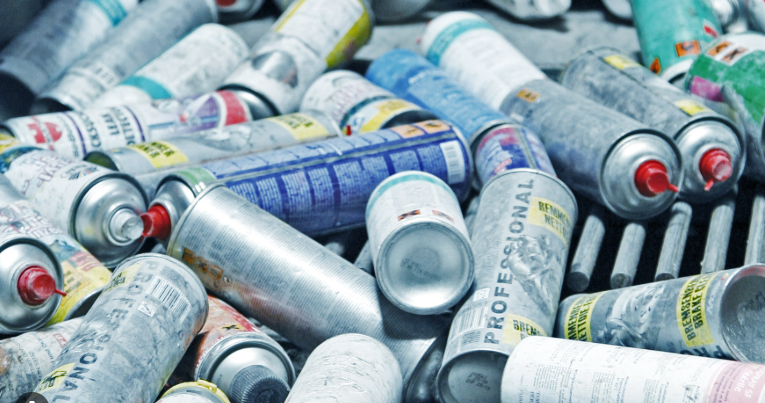
History of Aerosol Cans
Aerosol cans were invented by Erik Rotheim, a Norwegian engineer, in 1926. Rotheim’s invention give new life to packaging by enabling liquids to be sprayed as a fine mist or foam. This innovation adapted for a wide range of applications very soon, including household cleaners, Kosmetika, and even insect repellents.
During World War II, the U.S. military used aerosol technology to distribute insecticides to protect soldiers from malaria in the Pacific. After the war, aerosol cans become popular in the consumer market, especially for personal care products.
The Impact of Aerosol Cans on the Environment
Despite their convenience, aerosol cans can be harmful to the environment. If not disposed of correctly. Many aerosol cans contain hazardous materials, including flammable or toxic chemicals. Improper disposal of these cans can lead to harmful emissions, soil contamination, and even dangerous explosions.
Recycling aerosol cans is vital for environmental sustainability. Not only does it reduce the waste that ends up in landfills. But it also ensures that valuable metals like aluminum and steel are reused. Both of these metals are recyclable indefinitely without losing their properties Making them essential for conserving natural resources.
The Environmental Impact of Not Recycling Aerosol Cans
When aerosol cans are not recycled, they contribute to the growing problem of solid waste in landfills. Worse still, many aerosol cans contain chemicals that can harm the atmosphere when release. Zum Beispiel, aerosol cans use chlorofluorocarbons (FCKW). Which found to deplete the ozone layer. Although CFCs have been largely phased out, modern aerosol cans can still contain volatile organic compounds (VOCs) that contribute to air pollution and global warming.
If aerosol cans puncture or crush in landfills, they explode. Potentially harming waste workers and causing fires. This is why proper disposal and recycling of aerosol cans are crucial.
How to Properly Dispose of Aerosol Cans
To Dispose of aerosol cans safely, follow these steps:
- Use the Product Completely
Before disposing of an aerosol can, make sure it’s empty. Spraying until the can no longer releases product ensures that there are no residual chemicals inside. Which could pose a risk. - Check Local Recycling Programs
Different areas have different guidelines for recycling aerosol cans. Some municipalities accept them curbside. While others require you to take them to a specialize recycling center. Check with your local waste management service for specific instructions. - Do Not Puncture or Crush
Never attempt to puncture or crush an aerosol can. The pressurizing nature of the container can cause it to explode. Leading to injuries or releasing harmful chemicals. - Dispose of Hazardous Cans at Entsorgung Center
If the aerosol can contains hazardous materials, such as paints, Pestizide, or chemicals, it should be taken to a hazardous waste disposal facility.
Aerosol Can Recycling: Why It Matters
Recycling aerosol cans is one of the most effective ways to minimize their environmental impact. When these cans recycle, the materials can reuse to create new products, reducing the demand for raw materials. This conserves energy, reduces greenhouse gas emissions, and decreases the need for mining new metals.
Here are some key benefits of aerosol can recycle:
- Resource Conservation
Most aerosol cans are made of aluminum or steel. Both of which are recyclable indefinitely. Recycling just one aluminum aerosol can save enough energy to power a TV for three hours. - Reduced Pollution
Recycling aerosol cans prevents hazardous chemicals from leaking into the environment. It also reduces the release of harmful VOCs into the atmosphere. - Lower Greenhouse Gas Emissions
The production of new metals requires a significant amount of energy. Which often comes from burning fossil fuels. By recycling aerosol cans, we can reduce the need for new metal production and the associating greenhouse gas emissions. - Energy Savings
Recycling aluminum uses 95% less energy than producing it from raw materials. Steel recycling also saves energy, though the percentage is slightly lower at about 60%.
The Future of Aerosol Can Recycling
The recycling of Aerosoldosen is significantly progressing in now a day. Thanks to advancements in recycling technology and increasing awareness. Jedoch, there’s still room for improvement. More comprehensive recycling programs and stricter regulations on hazardous materials can help increase the recycling rate of aerosol cans worldwide.
Innovation in the design of aerosol cans is also on the horizon. Some companies are working on developing refillable aerosol containers and exploring alternative materials that are eco-friendlier. These efforts aim to further reduce the environmental footprint of aerosol cans and make recycling even more efficient.
FAQs
- Can all aerosol cans be recycled?
Most aerosol cans, made of steel or aluminum, are recyclable. Jedoch, you should dispose of cans containing hazardous materials at a hazardous waste facility.
2. What happens if you throw an aerosol can in the trash?
If not properly dispose of, aerosol cans can explode when crush or puncture. They can also release harmful chemicals into the environment.
3. How should I dispose of an empty aerosol can?
Once the aerosol cans are completely empty, place in your regular recycle bin. Be sure to check with your local recycling program for specific guidelines.
4. Why is it important to recycle aerosol cans?
Recycling aerosol cans conserves natural resources, reduces pollution, saves energy, and helps lower greenhouse gas emissions.
5. How can I tell if an aerosol can is empty?
You can tell an aerosol can is empty when it no longer releases any product or sound when the nozzle is pressed.
Abschluss
Recycling aerosol cans is a simple yet impactful step toward environmental sustainability. By properly disposing of and recycling these common household items. So, we can reduce pollution, conserve resources, and help protect our planet for future generations. With continued innovation and increased awareness, aerosol can be recycling will become even more effective in the years to come.
Taking the time to recycle aerosol cans might seem small. But it makes a big difference in the long run. Let’s do our part to keep our environment clean and sustainable!















